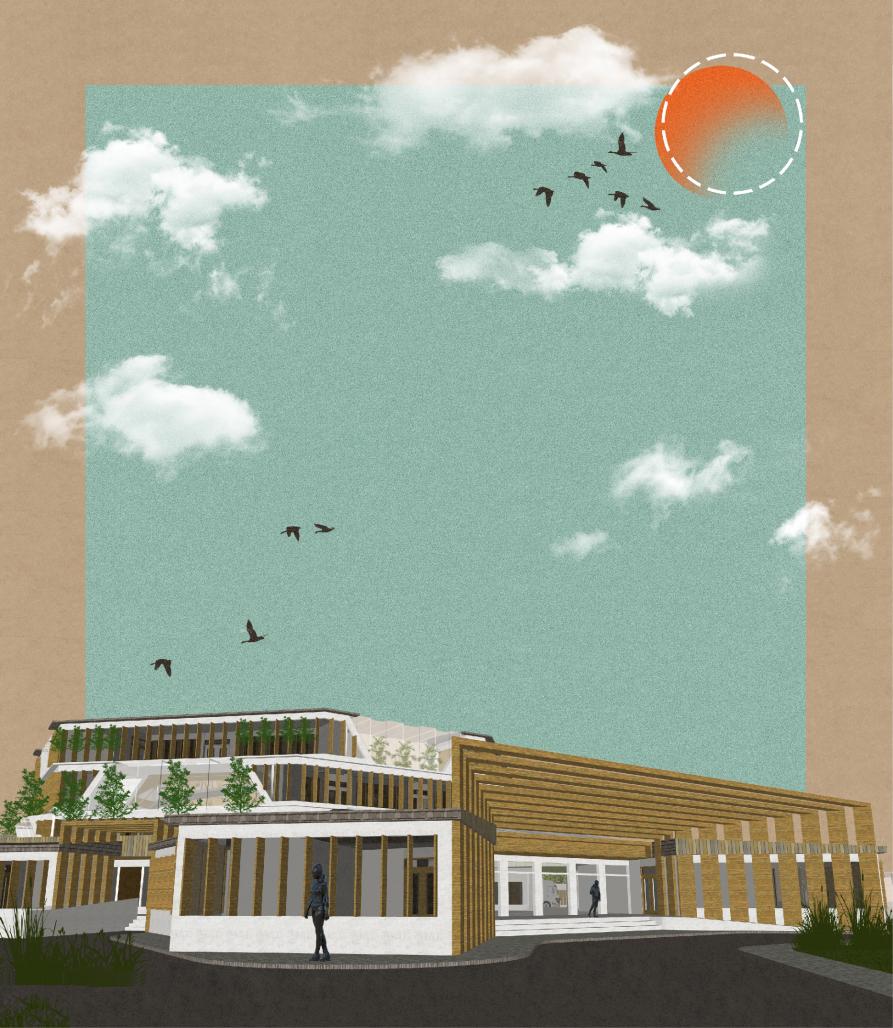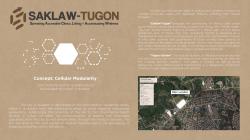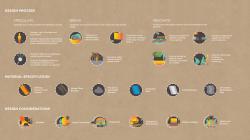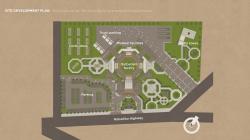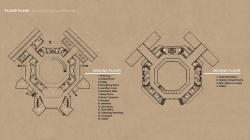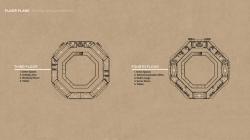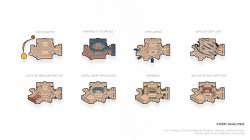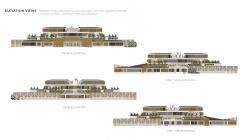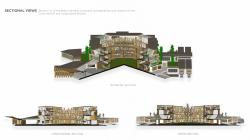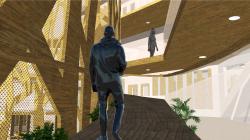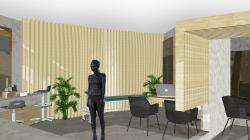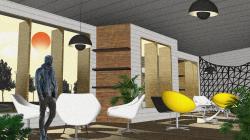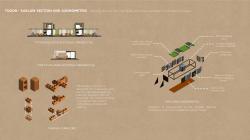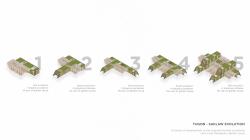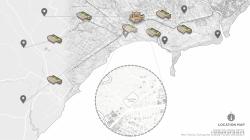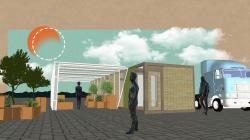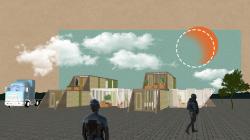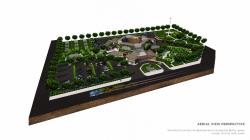Mental health in the Philippines pivots in the amount of budget the government allows in this sector. In terms of outpatient facilities, the previous 2016 budget was only enough to treat 124 users per 100,000 populations in 46 outpatient buildings. Since there is a scarcity in mental health facilities and personnel, the citizens are presented with costly inaccessible treatments generating an idea that mental health care is only for sale. Lack of budget, insufficient number of psychiatrists, and difficulty in diagnosing mental illnesses are the factors the current problems radiate from. To address these factors that dictates the direction of mental health in the Philippines, Saklaw-Tugon (spread and response) provides an outpatient facility that spreads its program through the modular facilities, Tugon-Saklaw (response and spread). The main outpatient facility is designed as a therapeutic community that has a sense of belonging integrating numerous design considerations and uses nature as a healer. The modular facilities envisioned to be built mostly by the patients will be delivered to communities that need mental health care targeting the neglected remote areas of Mindanao.
Saklaw-Tugon is shaped to be a therapeutic environment that does not only encourage a patient to interact with the community but also has healing effects through its design features. The therapy of the patients does not end with providing adequate rooms for their treatment. The facility is designed to avoid isolation and help the patient to communicate with people and the built environment, therefore establishing a sense of place. The rooms are distributed in the hexagon form creating a continuous visual connection among other spaces both in the courtyard and the whole site. While rooms and outdoor spaces are designed to have their own boundaries for privacy, the visual connections created by the form emphasizes social support and belonging. The facility passively heals the patients through its unique design features and prevents these illnesses to develop by engaging the community itself.
The lack of budget and psychiatrists hinders the development of mental health in remote areas of Mindanao. Looking at Marawi as one of the places that need mental health care, Davao as a sustainable site of the main facility creates the modular facilities that will be delivered to these sites. The project Tugon-Saklaw will use the standard 10ftx40ft or 10ftx20ft container van as its structural body and various panels will cover the container to fully transform into a functional and therapeutic facility. These modular facilities are built in the outpatient building where the patients can participate, giving them purpose and igniting social relations. A garden shed, and therapy furniture will be constructed with the facility enabling patients to engage in carpentry and horticulture. The activities envisioned for the patients will give them purpose and enhance social support. The patients extend their experiences through creating these modules for the other patients in need, creating a humanitarian movement.
2017
0000
Location: Davao City, Davao Del Sur
Typology: Mental Health Facility
Site Area: 17,400.00 sqm
Arbilo, Nikko A.
Lavares, Abram R.
Magno, Kelvin D.
Favorited 4 times
